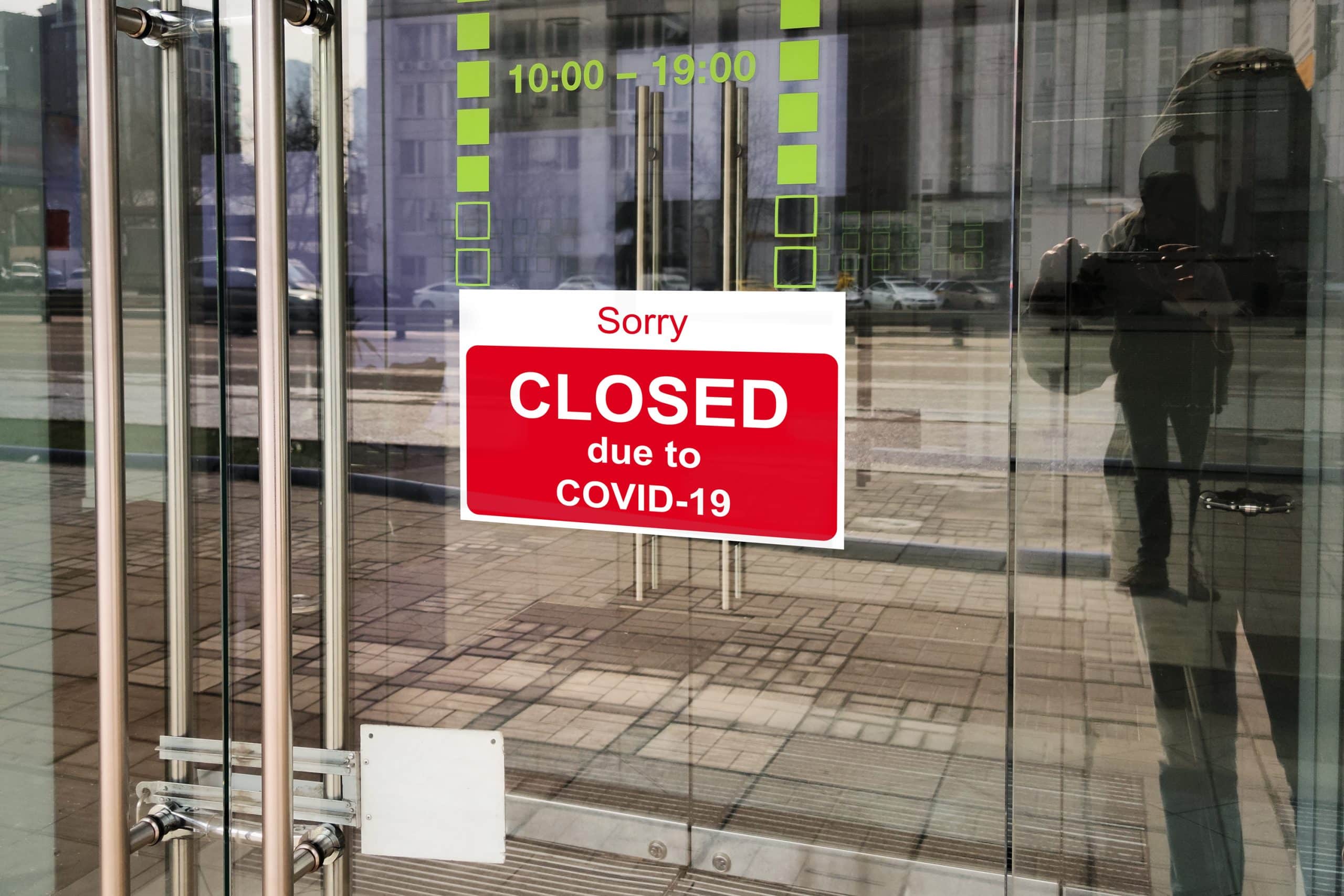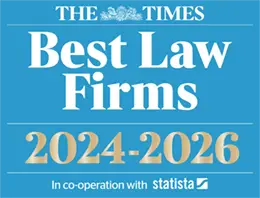Pre Coronavirus pandemic
Prior to the Coronavirus there were various options available to Businesses in the event they found themselves in a situation whereby their tenant fails to pay their rent. Whilst it may be that some landlords decide to accept a lesser payment and/or a deferred payment, there are many landlords which require the steady income that the rent provides.
Guarantors
If the Lease provides for a Guarantor then it would be an option for the Landlord to pursue the Guarantor for payment of the rent under the terms of the Lease. The addition of a Guarantor therefore provides an additional safety net for landlords.
There also may be the option to pursue the former tenant if the lease was assigned to the current tenant with an Authorised Guarantee Agreement. Under the terms of the Agreement the former tenant can be pursued for the outstanding rent.
Commercial Rent Arrears Recovery.
Otherwise known as CRAR, this method affords landlords the ability to recover the tenant’s goods which are on the premises. The landlord is only able to do so once 7 days has passed since the tenant fell into arrears. The landlord is thereafter able to sell these goods on in order to recover the rental arrears. There is a process which must be followed in order to recover monies in this way and our Dispute Resolution Department are able to guide you through this process.
Rent Deposits
Many landlords will have a rent deposit from the tenant. This is a secure sum which is available to the landlord in the event the tenant defaults on payment. The Rent Deposit is a quick route by which the landlord can recover the outstanding sums in a quick and efficient manner. It is important to note, however, that the drawing down on the rent deposit may affect the landlord’s right to forfeiture.
Statutory Demand
This method can be used by the landlord to request payment of the rent arrears from the tenant. Once the Statutory Demand has been served on the tenant, the tenant has 21 days by which they must either settle the debt or reach an agreement as to the terms of payment. If no payment nor agreement has been reached, the landlord will be able to initiate the winding up proceedings against the tenant. If the tenant is a company then they must owe £750 or more for proceedings to be initiated, if the tenant is an individual they must owe £5,000 or more.
This is a specialised area of law and great consideration must be taken when deciding whether to go down this route. It is essential that prior to the issue of the Statutory Demand the landlord is aware of any implications this may cause and is therefore essential to seek legal advice in this regard.
Court proceedings
Formal Court proceedings can be issued in order to recover the rental arrears. Before any proceedings could be issued, the landlord would be require to send to the tenant a Letter Before Claim, setting out the monies owed. If payment has not been paid after the Letter has been sent then the Landlord is at liberty of issuing Court proceedings.
Forfeiture
Under the terms of the Lease, it may be possible for the landlord to forfeit the Lease in the event that the tenant fails to make rental payments. The right to forfeiture can easily be waived and therefore legal advice should be obtained so that the landlord does not lose the right to forfeit the Lease.
Post Coronavirus pandemic
Following the Coronavirus Pandemic and in particular the Coronavirus Act 2020 restrictions were put in place meaning that Landlords faced difficulties in recovering the rental arrears and in forfeiting the Lease.
CRAR
The Government have since the pandemic introduced a number of restrictions which must be satisfied before the landlord can follow the CRAR procedure. As stated above, before the Coronavirus pandemic, it was the requirement that the tenant must be in at least 7 days arrears before action can be taken. This has changed throughout the coronavirus pandemic and can be summarised as follows:-
- Prior to 25 April 2020- 7 days
- 25 April 2020- 28 September 2020- 90 days
- 29 September 2020-24 December 2020- 276 days
- From 25 December 2020– 366 days.
The Government have recently announced that this is to be extended to 31 March 2021 whereafter the restrictions will be lifted.
Court proceedings
Landlords are still able to pursue the tenant via debt recovery proceedings and these proceedings have not been restricted following the Coronavirus pandemic. These proceedings should always be handled carefully and to ensure that the tenant has assets by which they would be able to pay should a money Judgment be ordered.
Forfeiture
Business tenants are protected from forfeiture for non-payment of rent and have been since March 2020. This has now been extended to 31 March 2021, therefore bringing this protection afforded to business tenants to a year.
Business Tenancies and Commercial Leases are a very complex area of the law. If you are a landlord or a tenant of commercial premises and you need advice on your rights as we approach the current end date as envisaged (31 March 2021), please contact our specialist team at [email protected] or by telephone on 03300 585 222 (24/7). Live Chat available 24/7 on our website at www.btmk.co.uk

















